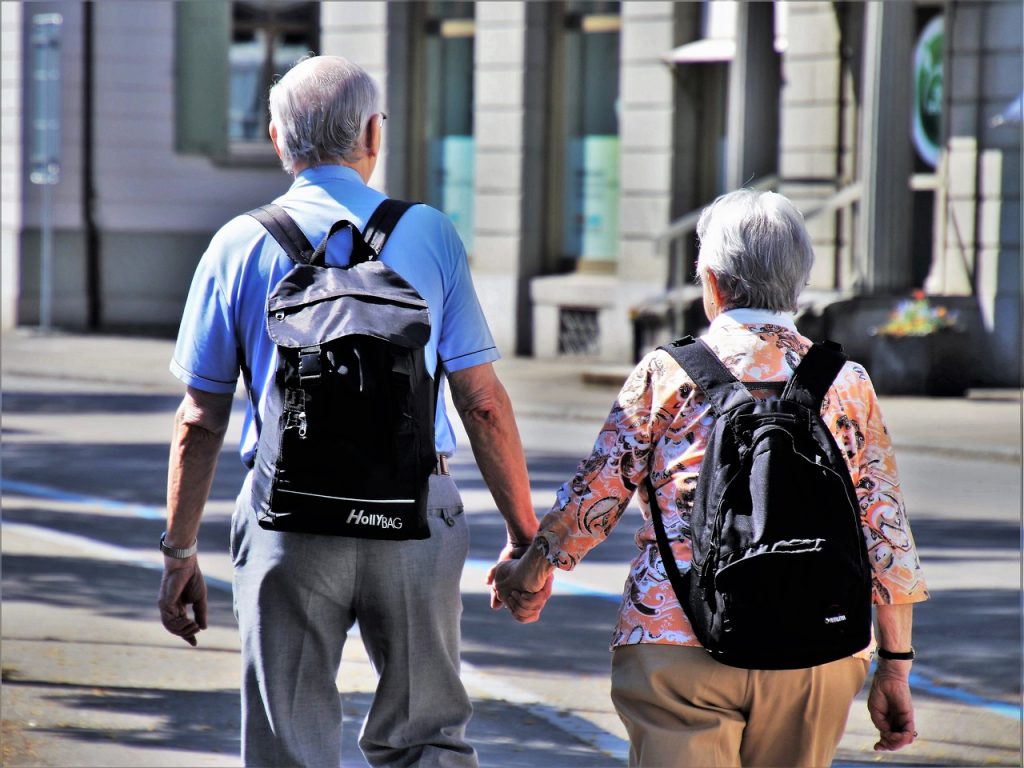Tuesday 3rd October – by Paz García

We are delighted to announce that TwinsUK has received a multi-million-pound funding award to study resilience in health and ageing through Wellcome Leap’s Dynamic Resilience programme, jointly funded by Temasek Trust.
Led by TwinsUK’s Clinical Director Professor Claire Steves, the award will see TwinsUK invite 2,000 twins for clinic visits to collect post-pandemic health data and samples through a study named Resilience after COVID-19. The team will then analyse these together with data collected before and during the pandemic to further investigate known and suspected sources of resilience in the body.
Resilience is the capacity to withstand or bounce back quickly from difficulties, including stressors and disease. The COVID-19 pandemic was a major stressor for everyone during 2020-2022, both in terms of the disease itself as well as the wider impact on wellbeing due to lockdowns and shielding mandates.
The Resilience after COVID-19 study at TwinsUK will allow researchers to understand how certain processes in the body – including inflammation, changes to the microbiome and altered metabolism – affect resilience, using the twin design to control for and unpick genetic and environmental contributions. This in turn will help identify sources of resilience which can be targeted to promote healthy ageing.
Professor Claire Steves said:
“As the world population gets older, we need to find ways of protecting ourselves and ensuring we are healthier for longer. One way of doing that is to understand what makes us resilient, and that is what we’re aiming to achieve through this research programme.
“This work is only possible thanks to our twins’ dedication and contributions over many years before and during the pandemic, providing samples and answering questionnaires.
“Eligible TwinsUK members will be invited to take part in the Resilience after COVID-19 study over the next three years, so do keep an eye on your inbox.”
In addition, the Dynamic Resilience programme has also funded research at the University of Birmingham, in which collaborators at King’s College London will study blood and stool samples collected before and after cancer patients undergo treatment. They will use computational learning methods to understand how changes in hallmarks of ageing relate to clinical changes and how such changes could be developed as predictive biomarkers of resilience.
We are thrilled that TwinsUK has been recognised as a world leader in this field and we look forward to contributing to essential work on resilience through these two awards.






